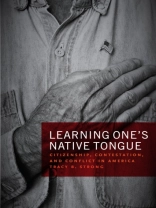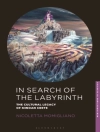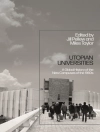Citizenship is much more than the right to vote. It is a collection of political capacities constantly up for debate. From Socrates to contemporary American politics, the question of what it means to be an authentic citizen is an inherently political one. With Learning One s Native Tongue, Tracy B. Strong explores the development of the concept of American citizenship and what it means to belong to this country, starting with the Puritans in the seventeenth century and continuing to the present day. He examines the conflicts over the meaning of citizenship in the writings and speeches of prominent thinkers and leaders ranging from John Winthrop and Roger Williams to Thomas Jefferson, Nathaniel Hawthorne, Abraham Lincoln, Frederick Douglass, and Franklin Roosevelt, among many others who have participated in these important cultural and political debates. The criteria that define what being a citizen entails change over time and in response to historical developments, and they are thus also often the source of controversy and conflict, as with voting rights for women and African Americans. Strong looks closely at these conflicts and the ensuing changes in the conception of citizenship, paying attention to what difference each change makes and what each particular conception entails socially and politically.
Tracy B. Strong
Learning One’s Native Tongue [EPUB ebook]
Citizenship, Contestation, and Conflict in America
Learning One’s Native Tongue [EPUB ebook]
Citizenship, Contestation, and Conflict in America
购买此电子书可免费获赠一本!
语言 英语 ● 格式 EPUB ● ISBN 9780226623368 ● 出版者 University of Chicago Press ● 发布时间 2019 ● 下载 3 时 ● 货币 EUR ● ID 7261761 ● 复制保护 Adobe DRM
需要具备DRM功能的电子书阅读器












